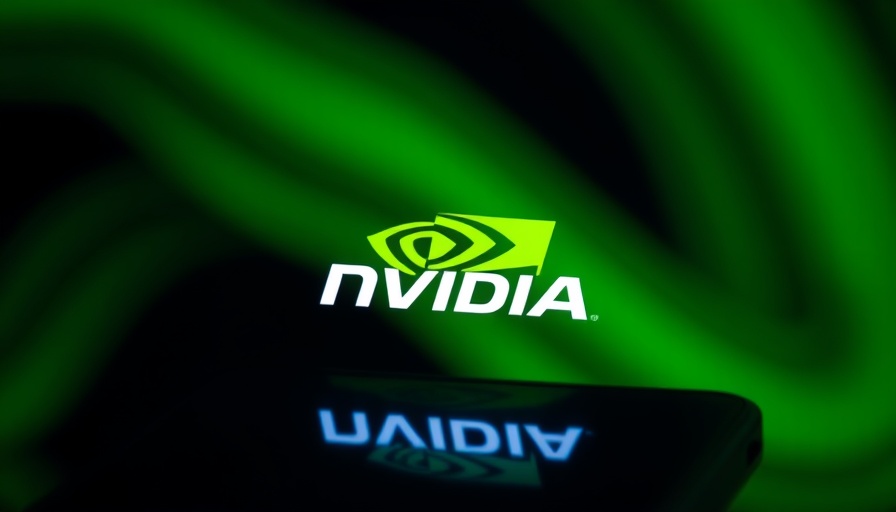
Nvidia Faces Staggering Losses from H20 Chip Licensing
Nvidia's recent Q1 fiscal report has unveiled shockwaves in the AI technology industry as the chipmaker braces for a colossal revenue loss stemming from newly imposed U.S. licensing restrictions. The company has revealed that it incurred a $4.5 billion charge due to limitations on exporting its groundbreaking H20 AI chip to major markets, particularly China. This latest development is not just a financial setback but signals a profound shift in global tech dynamics.
Understanding the Implications of Export Restrictions
With these U.S. measures potentially thwarting Nvidia's access to a booming market where AI advancements flourish, CEO Jensen Huang emphasized, "The question is not whether China will have AI; it already does." Huang's statement underlines the pressing challenge for American companies trying to secure dominance in international AI landscapes against a backdrop of tightening trade policies.
Navigating the H20 Chip Challenges and Future Opportunities
These export restrictions will reportedly lead to an additional $8 billion hit in Q2. As Huang pointed out, China represents one of the largest AI markets globally, hosting a hefty portion of the world’s AI researchers. Losing access to this demographic not only impacts Nvidia’s bottom line but could also hinder innovation in emerging tech trends, as cross-border collaboration often fuels breakthroughs in technology.
The Bigger Picture: Future of AI Investment
Nvidia's challenges highlight a pivotal moment in which businesses must adapt to new realities in tech. The repercussions of these trade restrictions extend beyond current revenue; they could redefine how American tech firms operate globally, affecting future technology investments and advancements in next-gen technology. Strategic adaptations are essential for businesses to continue thriving amid disruptive innovations.
What's at Stake for the Global Market
The AI sector's fate hangs in the balance, and how companies like Nvidia maneuver through these turbulent waters could set the tone for the future. As Huang suggests, shielding Chinese competitors could inadvertently strengthen them globally, suggesting a need for American firms to innovate more aggressively than ever before.
As developments continue to unfold, industry stakeholders must pay keen attention to the evolving landscape shaped by governance and market accessibility. Companies that leverage new tech, invest in AI development tools, and employ effective risk management strategies will likely emerge more resilient in face of setbacks.
 Add Row
Add Row  Add
Add 




 Add Row
Add Row  Add
Add 



Write A Comment